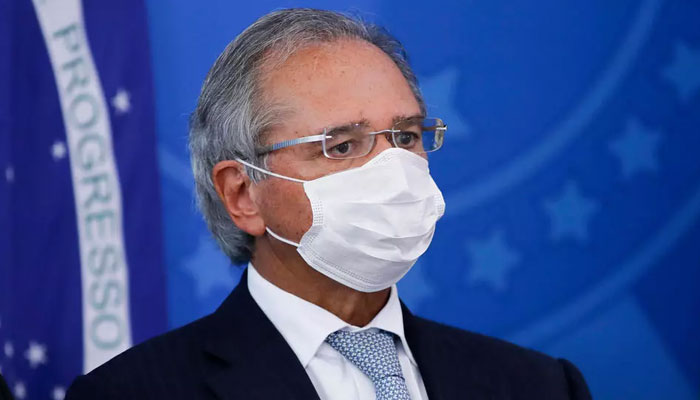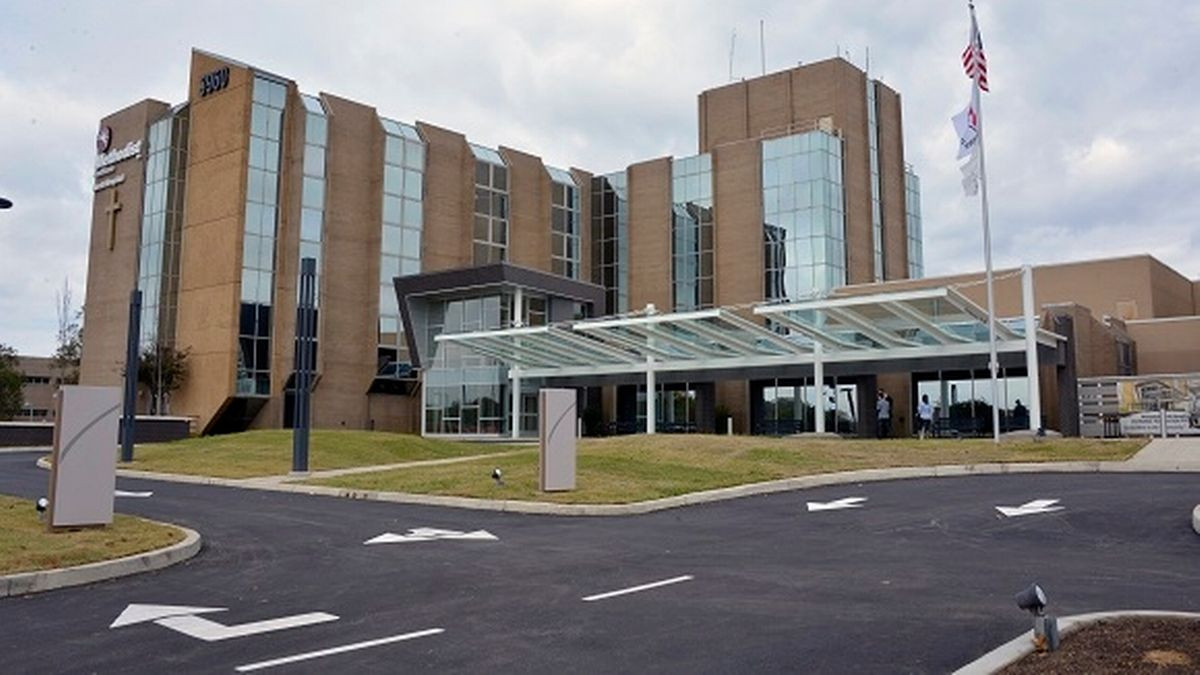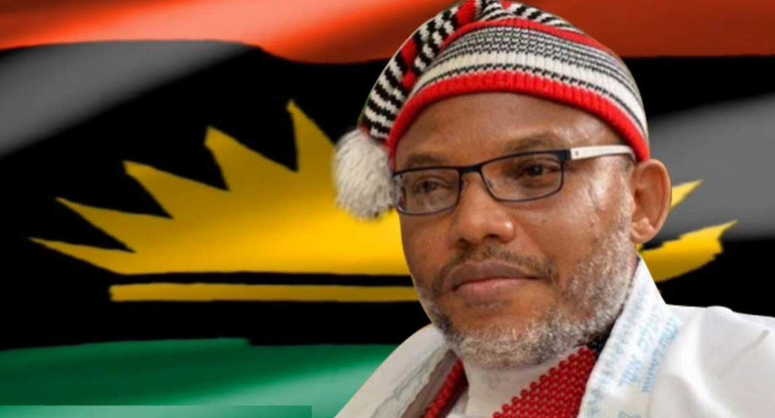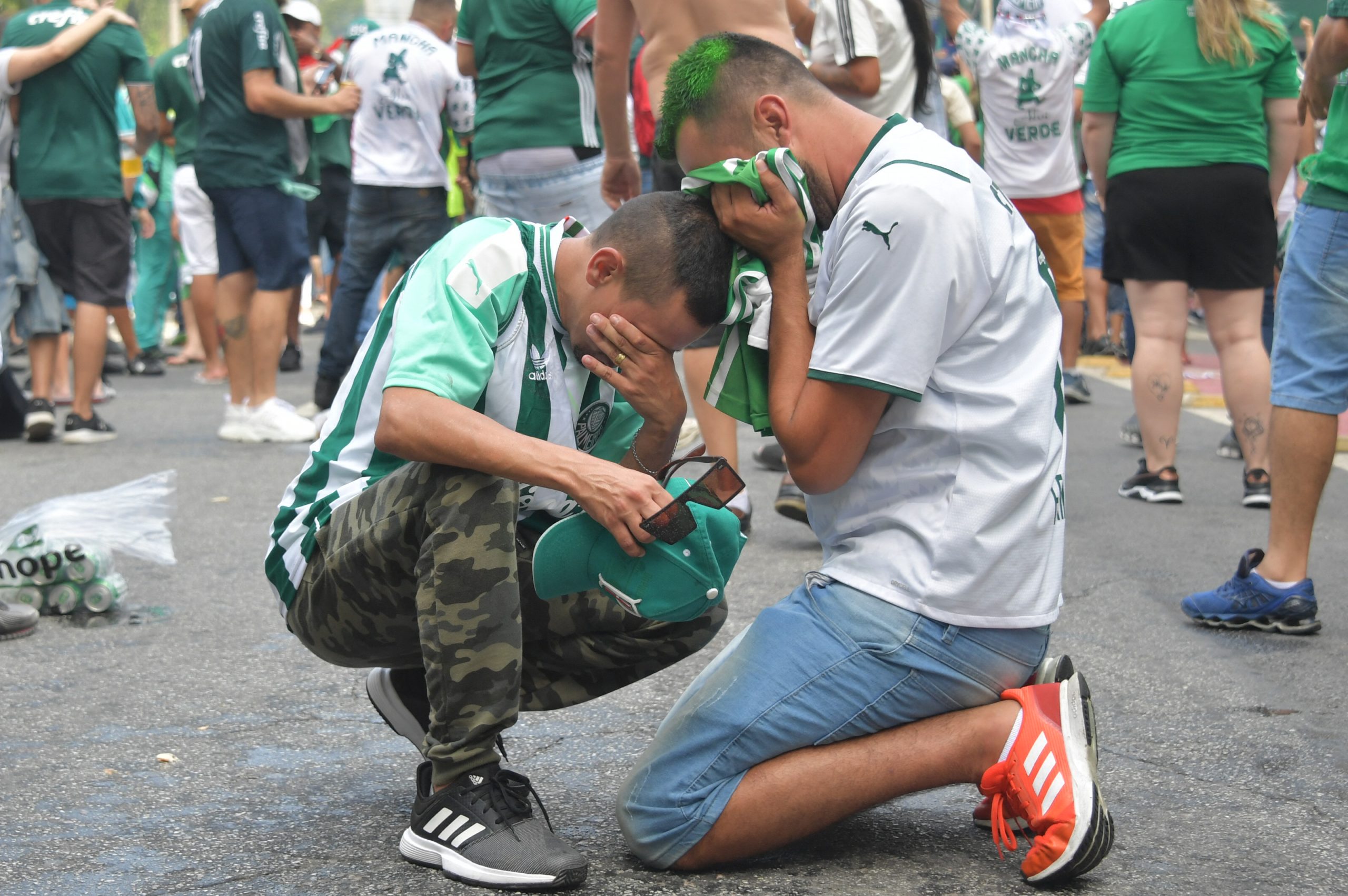Breaking News
Brazil May Face ‘Economic Collapse’ Over Coronavirus Lockdown – Minister Paulo Guedes
Brazil is facing an economic contraction of 5.3 percent this year because of the coronavirus pandemic, the International Monetary Fund forecasts.

Brazil could face “economic collapse” in a month’s time due to stay-at-home measures to stem the coronavirus outbreak, with food shortages and “social disorder,” Economy Minister Paulo Guedes warned Thursday.
Brazil, Latin America’s biggest economy, is also the epicenter of the coronavirus pandemic in the region.
But far-right President Jair Bolsonaro — who appeared alongside Guedes, his free-market economics guru — opposes stay-at-home measures to slow the virus, saying they are unnecessarily damaging the economy.
Guedes said:
“Within about 30 days, there may start to be shortages on (store) shelves and production may become disorganized, leading to a system of economic collapse, of social disorder,”
“This is a serious alert.”
Bolsonaro, who has compared the new coronavirus to a “little flu,” said he understood “the virus problem” and believed that “we must save lives.”
Bolsonaro added:
“But there is a problem that’s worrying us more and more… and that’s the issue of jobs, of the stalled economy,”
“Fighting the virus shouldn’t do more damage than the virus itself.”
Bolsonaro regularly flouts social distancing measures, hitting the streets in Brasilia and working the crowd in close quarters at rallies of his supporters.
Bolsonaro and Guedes made the comments after paying an unscheduled visit to the chief justice of the Supreme Court, Dias Toffoli.
The court recently decided that state and local authorities have the right to determine what social distancing measures to take to contain the spread of the virus, ruling against Bolsonaro’s government, which wants to lift many of the regulations.
Brazil has been hit hard by the pandemic, with more than 135,000 cases and 9,146 deaths.
Those figures have been climbing at an alarming rate. Experts say under-testing means the real numbers are likely far higher.
Hospitals are nearly out of intensive care beds in the hardest-hit areas, including Sao Paulo, Rio de Janeiro and Manaus, the biggest city in the Amazon region, which has had to turn to refrigerator trucks and mass graves to cope with the number of dead.
Because of the pandemic, Brazil — which was just coming off a massive recession in 2015 and 2016 — is facing an economic contraction of 5.3 percent this year, the International Monetary Fund forecasts.
Bolsonaro won election in 2018 promising to jump-start the economy with austerity cuts, privatizations and fiscal reforms.
The pandemic now threatens to derail that project, battering the economy and forcing the government to undertake massive stimulus spending.





